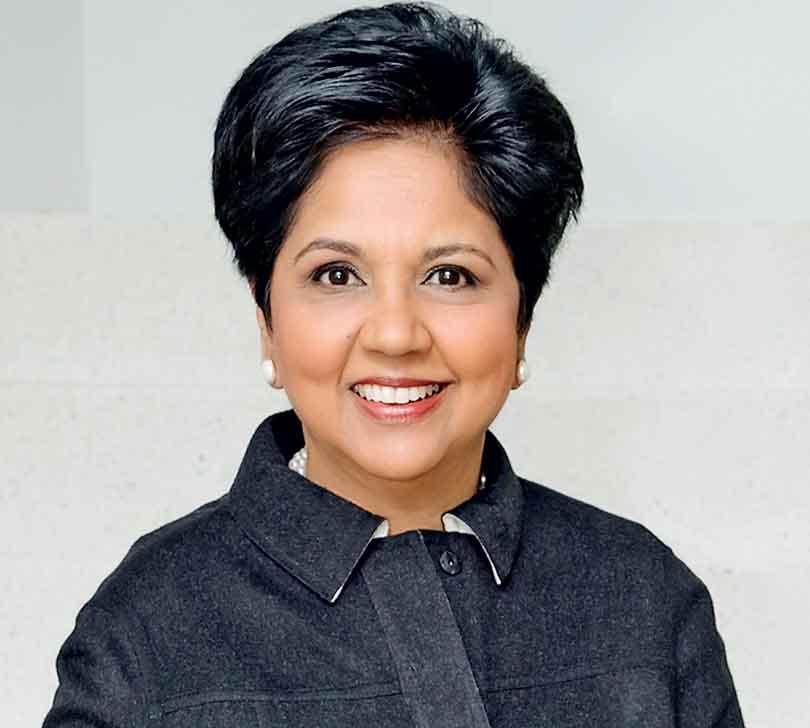
Indra Nooyi

Jacinda Ardern

Malala Yousafzai

Dr. Maya Angelou
once said,
“I’ve learned that people will forget what you said, but people will never forget how you made them feel.”In social activism, women like Amanda Gorman, a poet rather than a protester, have shown that change can be invoked through beauty and grace.
In a world that often equates leadership with dominance, loudness, and unyielding certainty, a quiet revolution is taking place.
It’s not led by the loudest voices in the room, nor by those who wield power in traditional, patriarchal ways. Instead, it’s being driven by women who lead with empathy, emotional intelligence,
and an intuitive understanding of human connection.
These women, with their so-called “soft voices,” are shifting paradigms,
redefining what it means to lead, to influence,
and to enact meaningful, lasting change.
The Rise of Empathetic Leadership
Empathy is no longer a “nice-to-have” quality in a leader. It has become a powerful tool, perhaps the most vital one, for navigating complex social, economic, and emotional landscapes. As global challenges, from climate change to inequality to mental health crises, demand more nuanced and compassionate solutions, women who lead with empathy are proving to be extraordinarily effective. Empathy allows leaders to see the world through others’ eyes, to consider different perspectives, and to make decisions that benefit not just the bottom line, but the collective good. In business, this results in better employee retention, stronger teams, and brands that resonate with real people. In politics, it creates leaders who are trusted, who listen, and who build consensus rather than division. Jacinda Ardern, former Prime Minister of New Zealand, is one of the most well-known contemporary examples. Her leadership during the Christchurch Mosque shootings and the COVID-19 pandemic was marked by kindness, compassion, and decisiveness. Ardern famously stated, “You can be both empathetic and strong.” In doing so, she shattered stereotypes and reshaped the global conversation around what effective leadership can look like.
The Myth of the “Soft” Voice
The term “soft voice” has often been used pejoratively, suggesting weakness, passivity, or ineffectiveness. But in the hands of women who use it with intention and integrity, the soft voice becomes something else entirely: a clarion call to a new way of being. It is the voice that listens first, that reflects deeply and then speaks with purpose. The soft voice doesn’t need to shout to be heard. It gains influence through resonance, not volume. It moves people through insight, not intimidation. Women who lead with this voice, whether in boardrooms, classrooms, or community spaces, often have a profound impact precisely because they understand the importance of listening, nurturing, and connecting. Dr. Maya Angelou once said, “I’ve learned that people will forget what you said, but people will never forget how you made them feel.” Empathy-driven women understand this intuitively. They speak to people’s experiences, emotions, and aspirations; offering leadership that is as healing as it is strategic.
Empathy in Action: Women Transforming Systems
Empathy is not abstract. It is active. And some of the most compelling examples of empathy-driven leadership can be seen in the real-world initiatives led by women across sectors. In the nonprofit world, figures like Malala Yousafzai and her continued advocacy for girls’ education exemplify how personal trauma can be transformed into global mission. Malala’s strength doesn’t lie in loud oratory; it lies in her conviction and the moral clarity she carries. Her voice, soft and composed, moves mountains because it speaks directly to justice and possibility. In corporate spaces, women like Indra Nooyi, former CEO of PepsiCo, brought empathy to the C-suite, not as a weakness, but as a cornerstone of decision-making. She famously wrote letters to the parents of her senior executives, thanking them for raising such talented leaders. It wasn’t a PR stunt; it was a reflection of her understanding that people bring their whole selves to work, and recognition of that humanity fosters loyalty, creativity, and high performance. In social activism, women like Amanda Gorman, a poet rather than a protester, have shown that change can be invoked through beauty and grace. Her now-famous poem at President Biden’s inauguration was a gentle but urgent appeal to the collective conscience of a nation. With rhythm and restraint, she captured a moment of global reckoning and did so without ever needing to raise her voice.
Why Now?
This shift toward empathy-driven leadership is not happening in a vacuum. The world is increasingly tired of hyper-aggression, authoritarianism, and the toxic cultures that often accompany top-down leadership. The global pandemic laid bare the importance of mental health, community, and resilience; all areas where empathy is crucial. Moreover, Gen Z and younger millennials are demanding authenticity from their leaders. They want inclusion, emotional transparency, and a sense of shared purpose. These generations are more likely to follow someone who feels human rather than invincible, relatable rather than remote. Women who lead with empathy are uniquely positioned to meet these needs, not because they are biologically predisposed to care, but because they have had to navigate systems that often undervalue their input, forcing them to become adept listeners, consensus builders, and emotional translators.
The Challenges They Face
Of course, empathy-driven leadership does not come without challenges. Women who operate from this space often face scepticism or are underestimated. They may be told they’re “too emotional” or “not assertive enough,” while their male counterparts are praised for passion or vision. There’s also the emotional toll. Carrying the weight of others’ feelings, while trying to enact change in often resistant environments, can lead to burnout. This makes support systems, mentorship networks, and mental wellness strategies all the more critical for women in leadership roles. Despite these hurdles, the tide is turning. Institutions, from Fortune 500 companies to political think tanks, are beginning to value soft power and emotional intelligence as strategic assets. The language of leadership is evolving, and the soft voice is emerging as its most powerful dialect.
Toward a New Leadership Paradigm
The future belongs to leaders who can connect, not just command. Women who lead with empathy are paving the way for a more inclusive, thoughtful, and sustainable model of leadership, one that prioritizes people over ego, and collaboration over coercion. This doesn’t mean replacing old models with a new matriarchy or rejecting ambition and authority. It means integrating strength with sensitivity, drive with dignity. It means understanding that impact is not always about how loudly you speak, but about how deeply you’re heard. The power of the soft voice is not in its volume; it’s in its vision. And as more women step into leadership with empathy as their compass, the world is not just changing, it’s healing.











